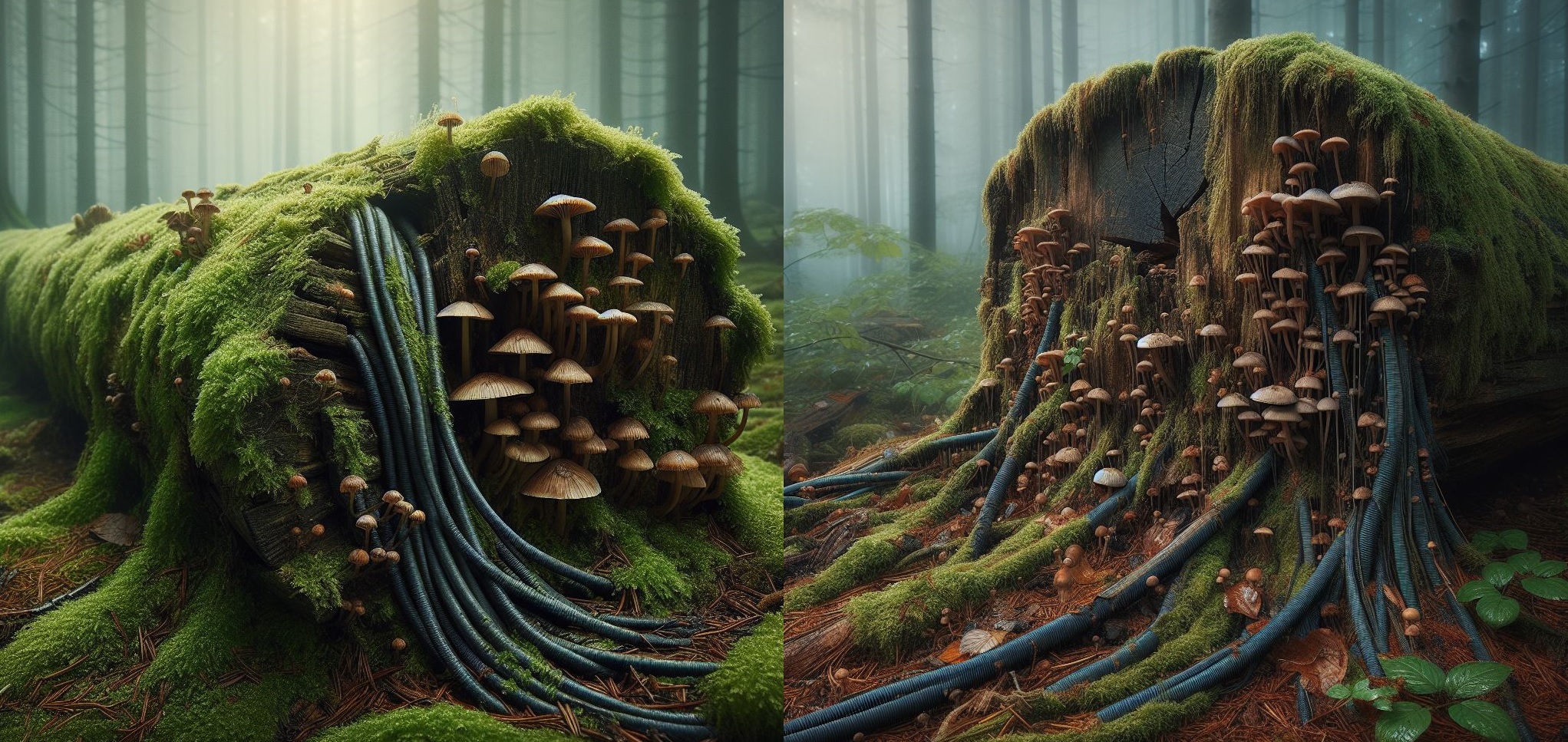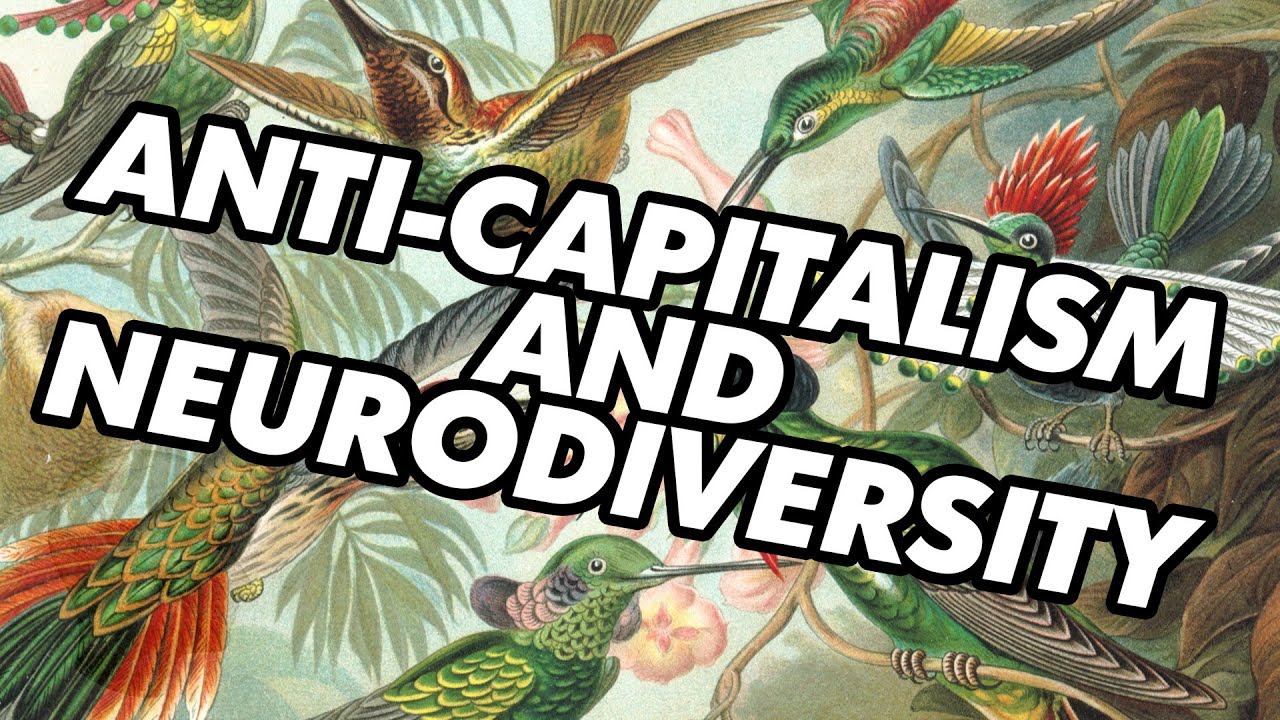Budwig_v_1337hoven [he/him]
- 1 Post
- 32 Comments

 5·3 months ago
5·3 months agosome days you’re the robot, some days you’re the dog,
and other times you just happen to be a raccoon with a surplus ghetto blaster
I liked it as well, go watch it

 22·5 months ago
22·5 months agoo_O

 19·5 months ago
19·5 months agoit’s real but it was hackers commandeering the projectors
edit: or maybe not, I bothered looking up a Berlin newspaper article talking about it, and apparently it’s a screengrab from a fake video. The two cop cars under the gate do look fishy / duplicated

 13·6 months ago
13·6 months agoLast of Us was good
Halo is generally pretty well received, though I felt it was sorta mid (but enjoyable enough, I guess)this just reminded me, amazon is still doing that Disco Elysium show I believe


 4·6 months ago
4·6 months agoI’m pretty happy with Podcini, it’s FOSS and does all I need
Also supports importing lists of podcasts, though I’m not sure it does patreon feeds at all, you’d have to check

 4·7 months ago
4·7 months agolemons are great for this. You don’t need all of it, just the skin. press the lemon and enjoy the juice, put the skins on the glass rack and you’ll have a fresh lemon flavor when opening the door. needs replacing every other wash or so (they get hard and stop smelling)

 6·9 months ago
6·9 months agoyou just gotta take the whole lane bro, take space like a car

 8·9 months ago
8·9 months agothen abolish roosters as well

 14·1 year ago
14·1 year agoYou could try asking @SexUnderSocialism@hexbear.net how she did it.
I’m guessing it has to be very small in size and formatted in a specific way for it to actually play. There might be some fiddly sub-settings of exporting .gifs involved that I barely know exist.

 10·1 year ago
10·1 year agoI had planned to repost this for 9/11 again, but here it is a few days early
Cybersocialism: Project Cybersyn & The CIA Coup in Chile (Full Documentary by Plastic Pills)

 44·1 year ago
44·1 year ago the telsa thing has got to be a micro-bit too right
the telsa thing has got to be a micro-bit too right
what’s a third very heavy hobby she could be moving on the same day
uhhh… grand piano in the back?

 12·1 year ago
12·1 year agoFinally some law and order in this town


 8·1 year ago
8·1 year agoWait what, is this really about CWs?

 11·1 year ago
11·1 year agoLook, this website is home to an incredibly varied set of diverse opinions regarding all kinds of things, some more political than others.
But if you ever let your cat outside, better stop posting immediately or outright delete your account, you birdociding piece of settler shit
But also, the sparrows deserved it

 22·1 year ago
22·1 year agotbf, eating it now is safer than it will be for a while
like, give those little bone melters a few years to move through the food-chain before you proudly eat the spicy tuna

 12·1 year ago
12·1 year agoYou’re right that this isn’t an exactly viable comparison. Though there do seem to be signs that tritium too, is subject to biomagnification. I’ve posted a link below
Edit: for clarity, here’s the link again. The main takeaway for me is that phytoplankton can make tritium bio-available and that this bio-available form of tritium is both getting bio-magnified up the food-chain and is entirely disregarded by current legislation, since the bio-available form of tritium is technically in a different chemical configuration. If I’m getting any of this wrong, feel free to correct me, everyone
Sure, but a single particle of that drop when ingested may cause cancer (because there’s no thin film of aluminium inside of your body), the entire oceanic eco-system is one extremely complex filtering system for water - and a whole bunch of people get a substantial part of their diet from the sea.
Also, from a cursory search I found this. Quote:
Accumulations of organic tritium into the mussel tissues from tritiated-phytoplankton demonstrate an environmentally relevant transfer pathway of tritium even when water-concentrations are reduced, adding weight to the assertion that organically bound tritium acts as a persistent organic pollutant. The persistence, potential for biomagnification and the increased toxicity of organic tritium increases the potential impact on the environment following a release of HTO; current legislation does not adequately take into account the nature of organic forms of tritium and therefore may be underestimating accumulation and toxic effect of tritium in the environment.
There’s a bunch more in the related articles below.




Merry Hexmas everyone!